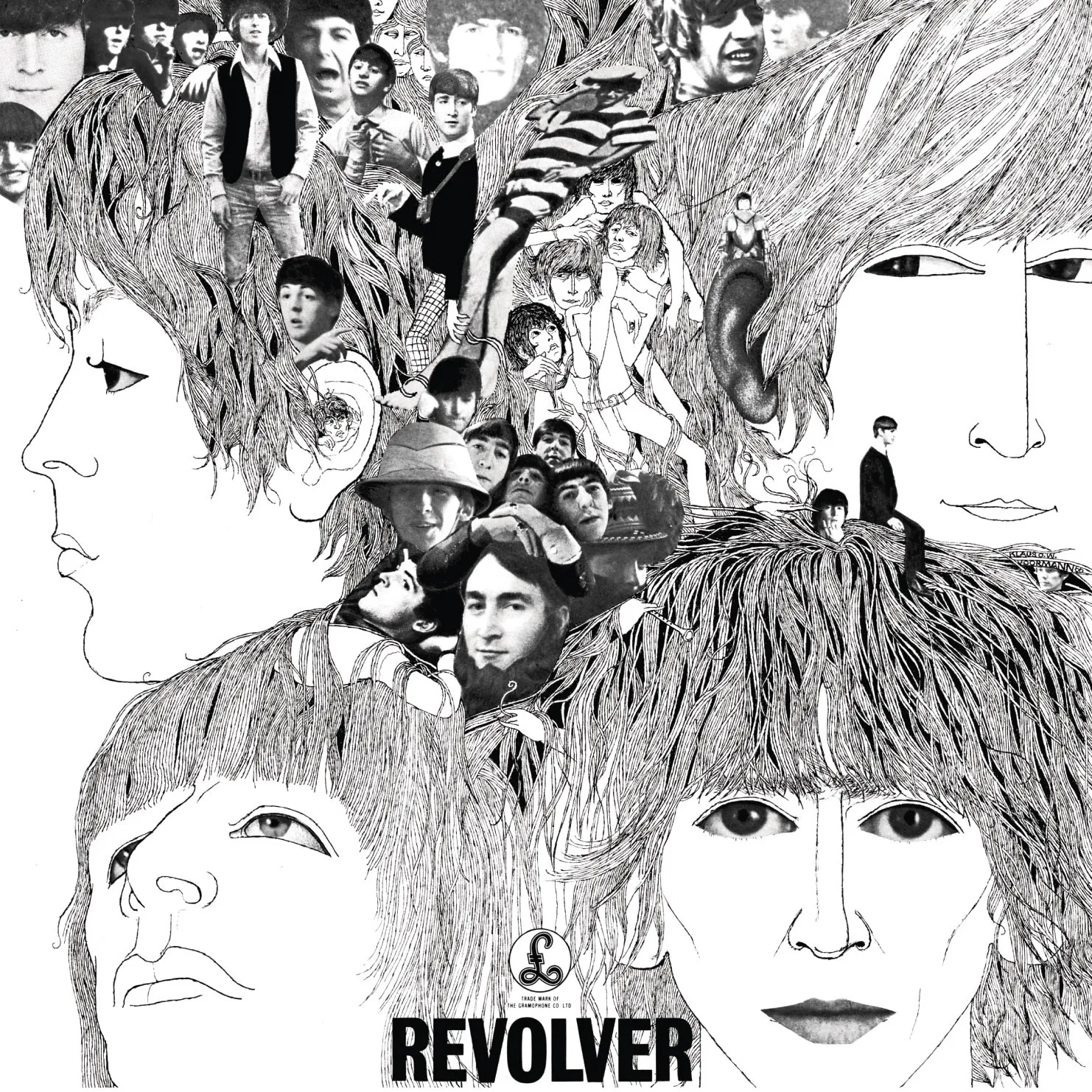Outside The Box
Nov 20, 2023
My wife, Jenn is a creator of the fine art persuasion. She draws and paints and many of her creations are stunningly unique. At one point early in our relationship I commented, “Wow - that’s really outside the box!” Her response delighted me then and is worthy of further exploration now. She said, “There’s a box?”
We may not all be that unconstrained, but we can certainly appreciate a fresh approach, an unexpected treatment of a classic; a pleasant surprise heretofore unrealized.
Beware the Box
When I speak or write on this topic, I expect curmudgeonly (and very much IN the box) responses like, “There’s nothing new under the sun,” or “Everything good has already been written.” Yes, there are only 12 tones in Western music and 26 letters in the English language. But those 26 letters can generate about 4.03x1026 possible permutations, or 403,291,461,126,605,635,584,000,000 words.
At this point, you are probably thinking, “If you wrote one word per second, how long would it take to write all of them?” OK - I might be the only one weird enough to wonder that, but here it is: Twelve quadrillion, seven hundred seventy-nine trillion, five hundred thirty-five billion, two hundred thirty-four million, eight hundred twenty-seven thousand, nine hundred twenty-three thousand, four hundred fifty-six years.
Here’s another point to ponder (I’m feeling fact-y today): Everything that you have ever experienced and all of the anatomy and physiology with which you experience it is made of 94 naturally-occurring atoms. Everyone who has ever lived - including you - is created from only 23 pairs of chromosomes, yet no two people (barring identical twins) are exactly alike, genetically.
But that’s not the point.
I believe that we creators are expected to be, well…creative. The extent of our creativity shouldn’t be limited by the fact that there are a finite number of building blocks with which to work.
For Example
Enough science. Let’s look at a creation that exemplifies creative genius, in a field with which I am intimately familiar: music.
I have been a professional musician for several decades. As such, I have written, performed and taught a wide variety of styles, but still find myself most strongly attracted to the dark side of music. I am profoundly moved by sombre, minor-key masterpieces of melancholy. I’m not entirely sure why (see my previous blog on The Dark Side for some ideas). For me, this kind of music is supremely immersive in terms of thought and emotion.
Listen to J. S. Bach’s Toccata and Fugue in D Minor (BWV 565 for you musicologists). Yes, you have heard it. Look it up - you will definitely recognize it in the first ornamented note. If - more than 300 years after it was written - you don’t get goosebumps at the resolution of the harmonic suspension in the third measure, you are either dead or heavily sedated. By the way, Bach was in his early twenties when he composed it.
Iconic though that piece is (and a masterclass in music theory), that’s not the example I want to use.
I want to talk about a much more accessible tune, written in 1966.
Analysis of a Masterpiece
I believe that this song is the pinnacle of soul-stirring, attention-grabbing rock-’n-roll. The music - like Bach’s - is instantly recognizable, a mixture of Dorian and Aeolian modes, both “sad” minor scales. The lyrics are profoundly existential (like most great lyrics): they portray meaninglessness, loneliness and death in the most accessible narrative.
In two minutes.
And - perhaps most astonishingly - this iconic rock song from an iconic rock band uses no guitars, drums, bass or keyboards. “Wait,” I hear you thinking to yourself, “A rock song with no rock instruments couldn’t have been very popular.”
Eleanor Rigby won a Grammy and many other accolades, was inducted into the Grammy Hall of Fame in 2002, has sold millions of copies and has been featured in many movies, television shows and videos. It has been covered by hundreds of artists, to include Ray Charles, Aretha Franklin, Joan Baez, Elton John, Frank Sinatra, the band Kansas and David Bowie, among others.
Pretty good for four violins, two violas and two ‘cellos (arranged by the legendary George Martin). Oh, and three voices (Paul McCartney, with backing vocals from George Harrison and John Lennon).
Now that’s rock and roll.
Don’t Box Yourself In
It is remarkable that a band at the peak of their popularity - and one of the most popular music acts in history - released such a radical departure from the tunes that made them rich and famous. I believe that there are two reasons that such a potentially dangerous professional move was made by the musicians and green-lighted by Parlophone-Capitol Records.
First, we are talking about The Beatles, FFS. Just about anything they did was a pretty safe bet, sales-wise.
Second, and more applicable to mere mortals like you and me, Revolver - the album that first included Eleanor Rigby - was at the forefront of musical exploration; one of the most progressive of rock albums. The take-away point here is that The Beatles were not afraid to reinvent themselves when they recorded Revolver, and were rewarded with a 5-times-over platinum album as a result.
For creators in any field, this is both an inspiration and a cautionary tale.
It is far too attractive to find some appreciation of your work and then repeat yourself. Why take a chance on something new when it’s safer to stay with tried-and-true? (Yes, I rhymed that on purpose.)
Avoid the temptation to stereotype yourself, to become trapped in your own “box” of safe familiarity.
Outside the Box
Which brings us to our original point: creators create.
Don’t replicate what you’ve already done. Engage that same creative spirit that made you want to create in the first place. Your superpower is the ability to bring forth things that did not previously exist. And that includes work different from what you have already produced.
The risk is that you may alienate a part of your fan base that wants more of the same. But that same audience will quickly tire of rinse-and-repeat. Take a page from the play book of Dali and Picasso, of Radiohead and Opeth. And The Beatles. All chose their muse over their safety. All did extremely well, and gained many more followers than they lost.
My advice - and the maxim by which I try to live and work - is to think and create “outside the box.” Go make something new. If it inspires you, it is sure to inspire someone else. Your enthusiasm will come across in your work.
Adopt a “There’s a box?” attitude.
And do yourself a favor: go listen to Revolver again.
I am a creator (musician, writer, live-streamer and podcaster), entrepreneur, counselor and professor.
To learn more about how to use these concepts or to inquire about working with me, you can contact me through my website, the comments section on my Substack or Medium accounts or The Authentic Life Blog page. If you have found value in this article, come follow my Instagram and Twitter (now called X) accounts. To support this community, you can even Buy Me A Coffee or donate through my Patreon account.
Subscribe to my River of Creation podcast - The Podcast for Creators, and my associated YouTube channel, coming in 2024, wherever you download your podcasts.
- JWW
Subscribe to the HARDCORE HAPPINESS blog
Never miss a post, and get goodies meant only for our community!
We will never sell your info. Ever. EVER!

